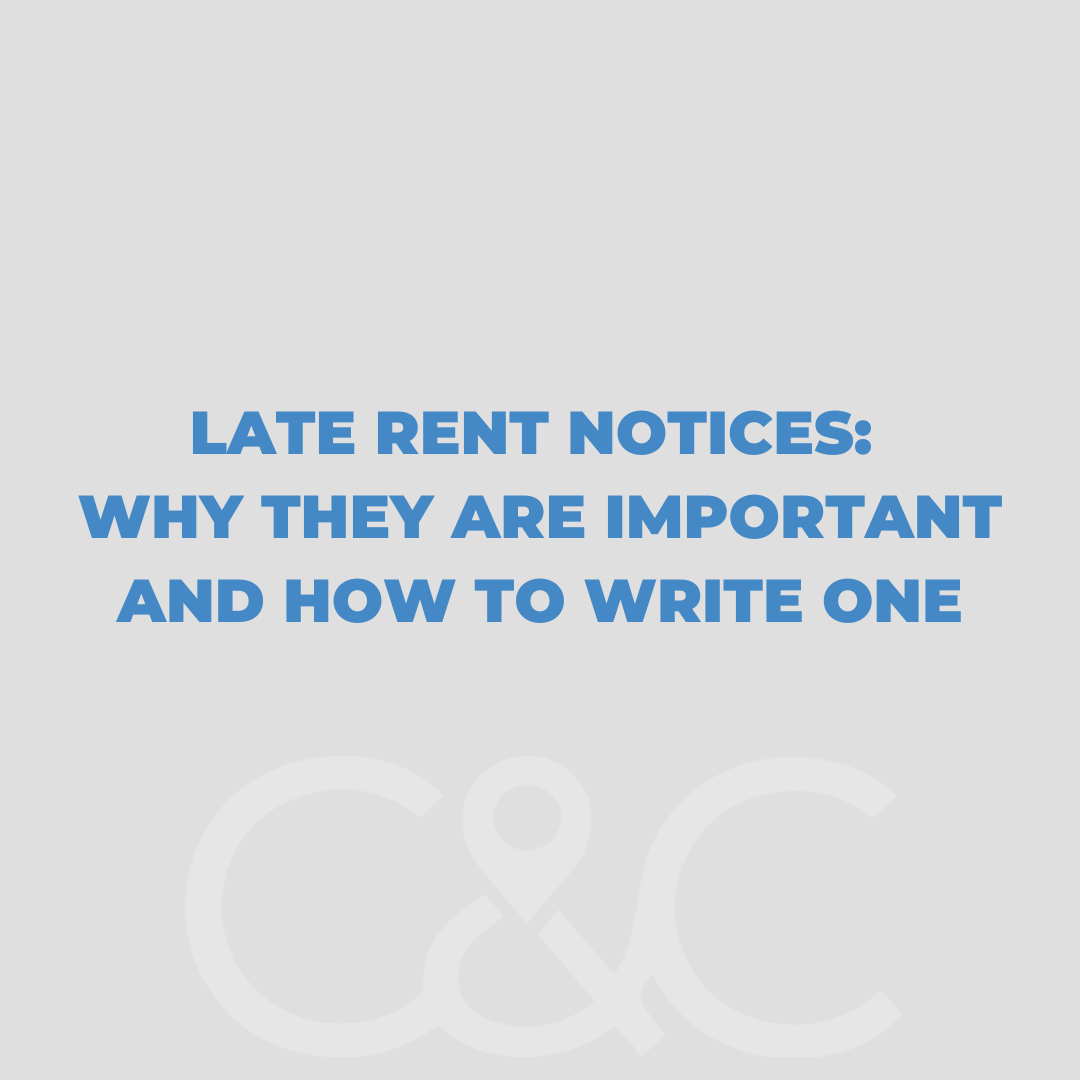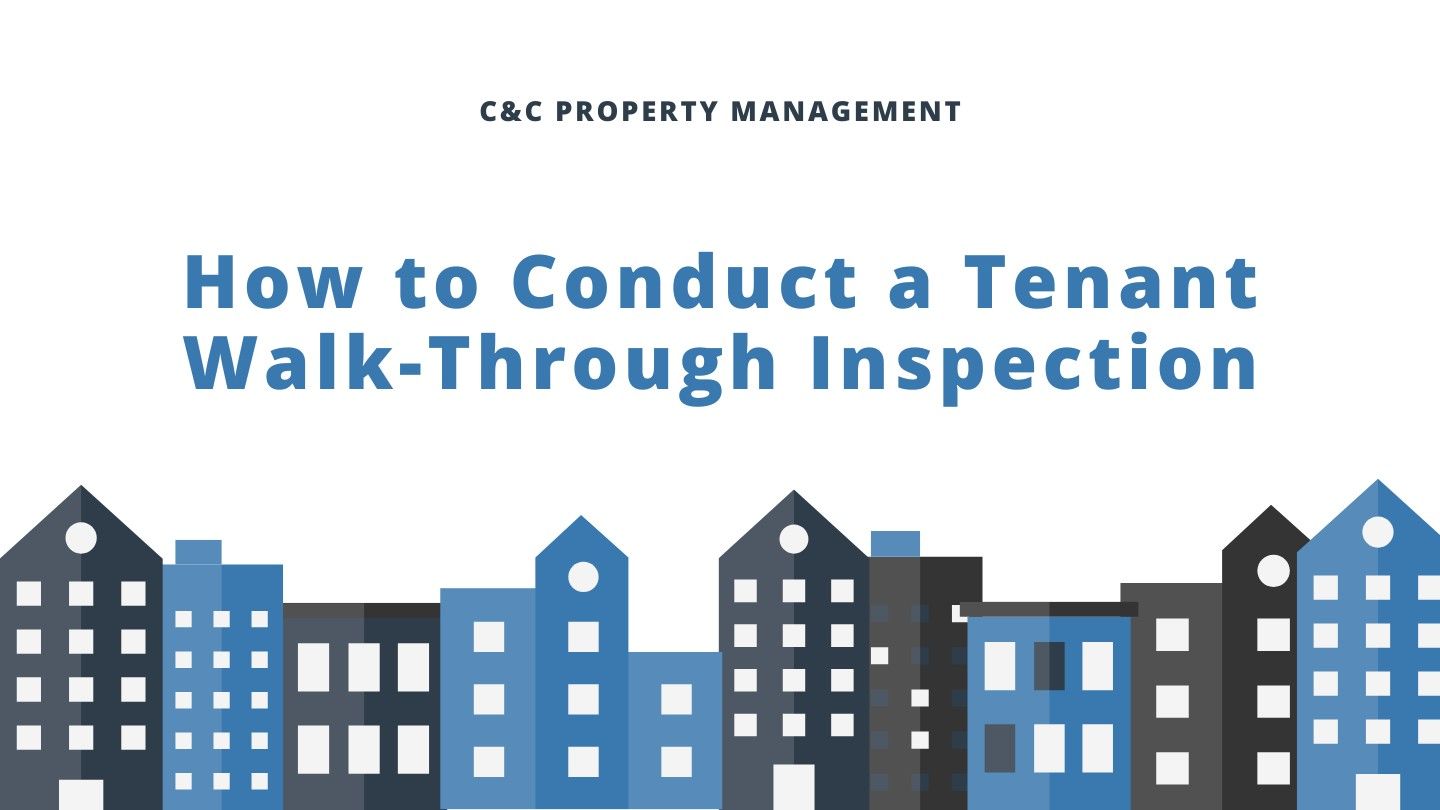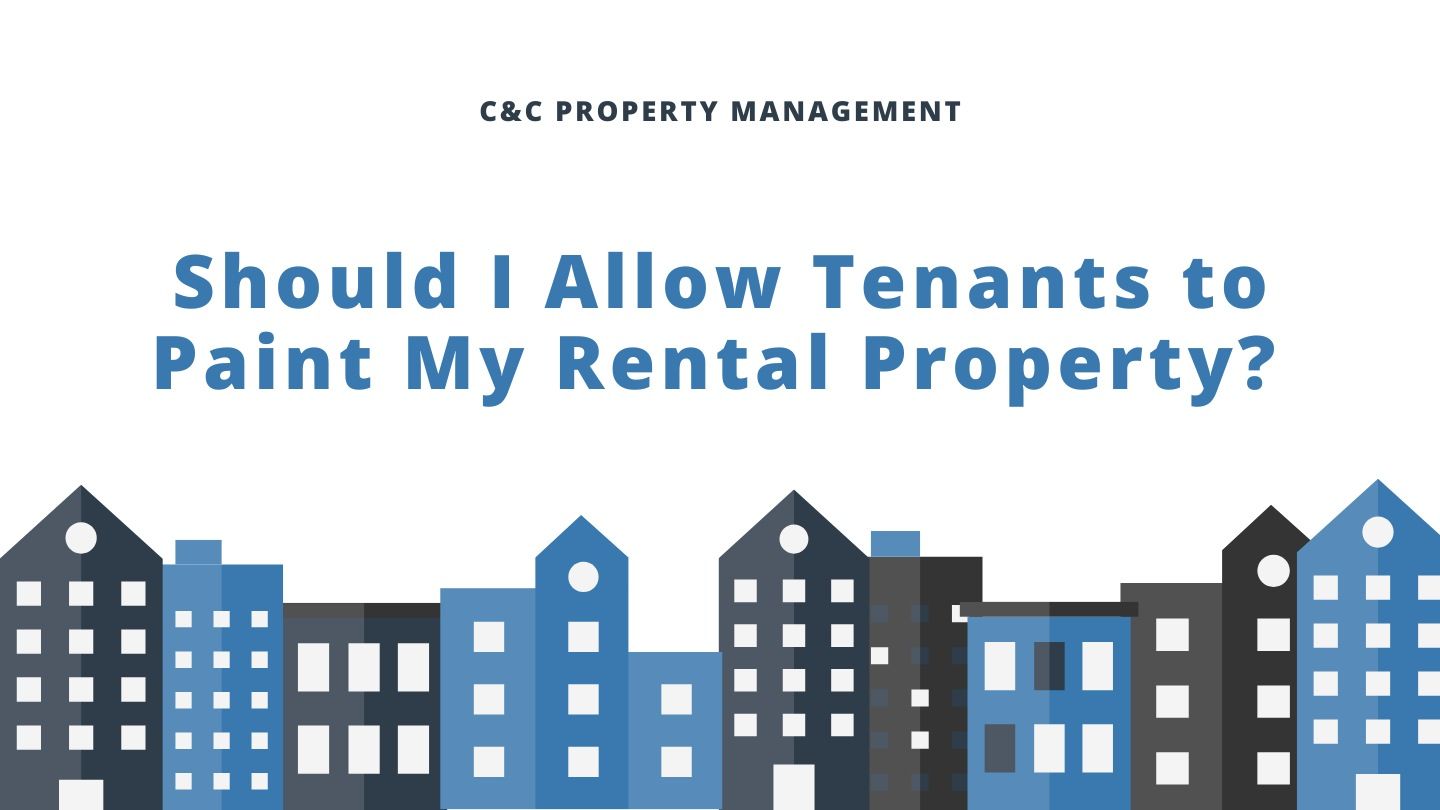Late Rent Notices: Why They Are Important and How to Write One
Being a landlord can be challenging, especially when it comes to rent collection.

Even the most responsible tenants can forget to pay their rent on time. In such cases, a late rent notice is necessary to remind tenants of their overdue payments and inform them of the consequences of nonpayment.
In this article, we will discuss the importance of sending a late rent notice and provide a step-by-step guide on how to write one. We will also share a helpful late rent notice template to make the process easier.
What is a Late Rent Notice?
A late rent notice is a legal document that landlords send to tenants to inform them that their rental payment is overdue. The notice should include late charges and warn of possible legal action if the tenant does not pay the overdue amount and late fee within a certain time period.
The past-due rent notice can only include the terms stated in the rental agreement, such as the monthly rental amount, due date, grace period (optional), and late rent fees you will charge (optional). State laws also regulate the amount of notice you must give the tenant to pay the total amount.
Also known as a “Pay or Quit Notice,” a late rent notice allows tenants to remedy the situation and continue living in the unit. The letter should provide steps to pay the rent, the total amount due, and the time frame for payment.
Why is it Important to Send a Late Rent Notice to a Tenant?
A late rent notice is an important part of the rent collection process because it helps collect unpaid rent money. The formal notice to tenants proves they are aware of the consequences of nonpayment of rent. In addition, it gives them a chance to resolve the situation without fear of eviction.
Here are three reasons why it’s important to send a late rent letter when a tenant misses a payment:
- Reminds the tenant of their obligations: The formal letter reminds the tenant that the overdue rent payment must be paid promptly.
- Encourages timely payments: You can charge late fees, which may encourage tenants to make monthly rent payments on time in the future.
- Necessary for eviction proceedings: The late rent notice is an official document necessary in eviction proceedings
When Should You Send a Late Rent Notice?
You can send a notice for late rent payments after a certain period has passed. Local state landlord-tenant laws may determine how quickly you can send a legal notice of late rent. In addition, some states have a grace period for nonpayment of rent, typically from five to 15 days.
If rent is due on the first of the month, you can send a demand for payment on the second day. However, you must give the tenant a certain period of time to pay rent, depending on the state, ranging from three to 14 days.Some landlords specify a grace period in the rental agreement terms. Therefore, you must wait until it expires — usually between two and five days. Then, you can write and send the late rent letter the day after the grace period.
How to Serve a Late Rent Notice to a Tenant
When serving a late rent notice to a tenant, it is crucial to do it correctly. The notice should be in writing, sent by certified mail or hand-delivered, and provide a reasonable amount of time for the tenant to pay the overdue rent.
Here is a step-by-step guide on how to serve a late rent notice to a tenant:
- Use a late rent notice template: A late rent notice template can make the process easier and ensure that you include all necessary information.
- Provide the required information: The late rent notice should include the tenant's name and address, the date, the amount due, the due date, and the late fees.
- State the consequences








